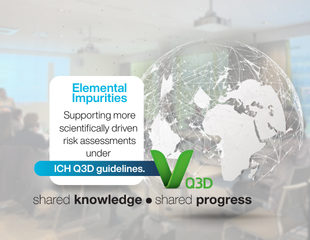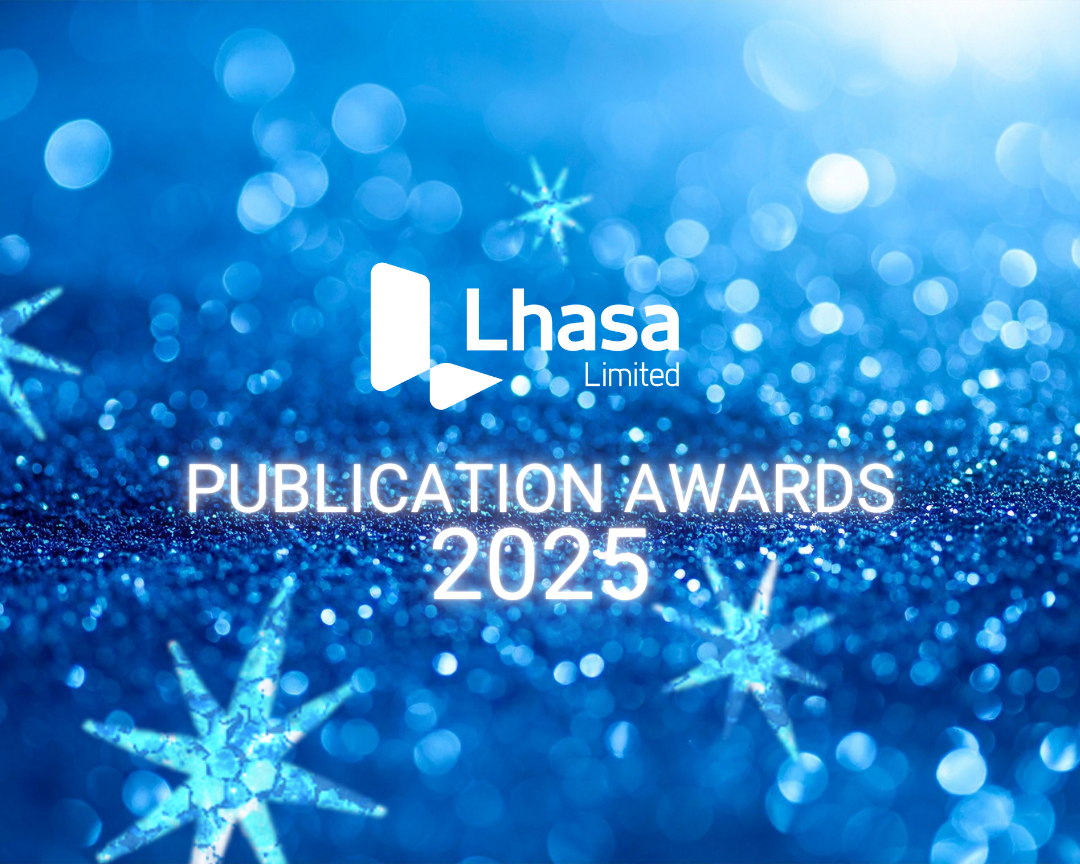Intermediates data sharing
Sharing Ames mutagenicity results for common intermediates and compounds containing functional groups of interest.
The mutagenic status of process intermediates is of paramount importance under the ICH M7 guideline. However, Ames mutagenicity studies for common intermediates can be a costly process when companies work separately. We recognise that more can be achieved through collaboration.
Our solution
Launched in 2006, the Lhasa Intermediates data sharing initiative is a collaboration of pharmaceutical organisations sharing data on Ames mutagenicity results for production intermediates.
While the main focus is on Ames data, the scope has been extended to consider other in vitro and in vivo genotoxicity data to put the Ames test results into perspective.
Members can submit data from their internal portfolio and generate new data as part of the directed testing of commercially available compounds, matching substructures prioritised by our scientists and members to improve structure-activity relationship (SAR) mutagenicity predictions.
The Lhasa Intermediates data sharing initiative furthers the development of in silico predictive tools, helping you to enhance your risk assessment workflow.
Key highlights
Mange expert review under ICH M7
The high-quality data found within the Lhasa Intermediates database lends itself to the ICH M7 workflow, allowing you to retrieve relevant information quickly and potentially avoid the need for costly experiments.
Access peer reviewed data
Through regular contributions from members, the Intermediates database is constantly expanding. The systematic peer-review process guarantees a high-quality standardised dataset that you can be confident using.
Reduce unnecessary testing
The sharing of data regarding common intermediates can act as an early predictor for genotoxicity, helping you to potentially avoid costly experiments later in development.
Regulatory support
ICH M7
The ability to perform substructure or similarity searches facilitates read-across approaches and supports the required in silico analyses to identify potentially mutagenic impurities. Data can be presented to regulators.
Related publications
- May 2024
- Data sharing, Nitrites
Infographic
- Mar 2024
- Complex Nitrosamines, Data sharing
Poster
- Nov 2023
- Data sharing, Nitrosamine impurity risk assessment
Recent blogs
Approaching regulatory compliance with confidence ICH Q3D guidelines require assessing and controlling elemental impurities for regulatory compliant development of drug products. The …
We’re delighted to share that Lhasa Limited has been shortlisted for the Lush Prize 2026 in the Science category, an award recognising …
Just before the holiday period, our community voted on the most impactful scientific papers of the year authored by industry and regulatory …




